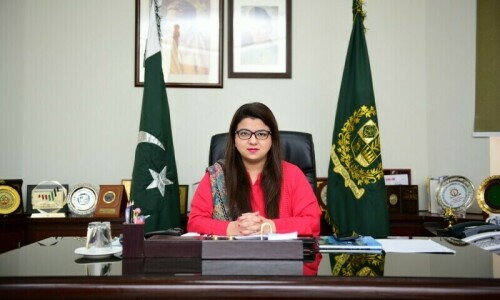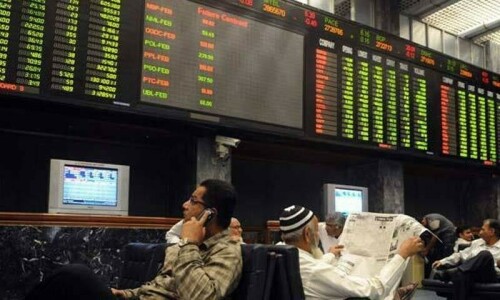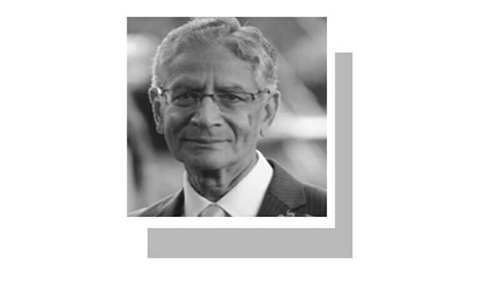
ISTANBUL: Greek Prime Minister Alexis Tsipras on Wednesday visited the disputed landmarks of Hagia Sophia and a now-closed seminary in Turkey, in a sign of detente in the neighbouring countries’ strained ties.
Istanbul’s Hagia Sophia, a former church and mosque that is now a museum, often sparks tensions between Christians and Muslims over Islamic activities held there.
Its secular status allows believers of all faiths to meditate, reflect or simply enjoy its astonishing architecture of what is one of the most emblematic edifices of human civilisation.
But calls for it to serve again as a mosque have caused anger among Christians and raised tensions between historic foes and uneasy Nato allies Turkey and Greece.
Tspiras’ symbolic visit to the Hagia Sophia came on the second day of his first trip to Turkey in four years.
The Greek premier listened enthusiastically as a guide accompanying the delegation explained the history of the edifice.
The Hagia Sophia was first built as a church in the sixth century under the Christian Byzantine Empire as the centrepiece of its capital Constantinople, today’s Istanbul.
Greece, which closely follows the future of Byzantine heritage in Turkey, has repeatedly expressed concern over efforts to change the museum’s status.
Greece has for centuries had a testy relationship with Turkey, with rows ranging from Aegean Sea issues and the Cyprus problem to minorities’ rights, the migrant crisis and the flight of Turkish military soldiers after a 2016 coup attempt.
Tsipras and Erdogan on Tuesday agreed to resolve disputes between their two countries through dialogue, with the Turkish president saying a “politician’s job is not to win enemies but friends”.
The Greek premier later attended a religious service with Orthodox Patriarch Bartholomew of Constantinople at the Greek Orthodox Halki seminary, located on Heybeli island off Istanbul.
It is the first visit to the service at the seminary by a Greek prime minister since it was closed in 1971 by the Turkish government during tensions between Athens and Ankara over the Cyprus issue.
“Next time I come I hope we reopen the school with Erdogan,” Tsipras said. “The minorities in Greece and Turkey are no reason for conflict but are here to build bridges,” he added.
Published in Dawn, February 7th, 2019














































